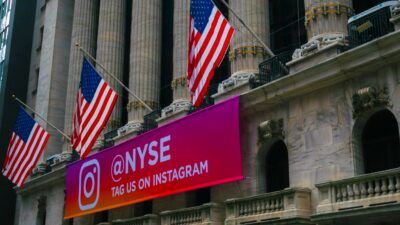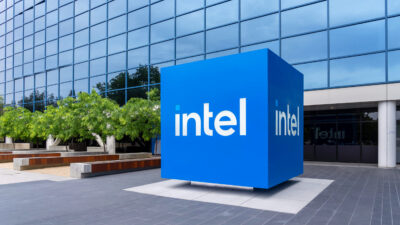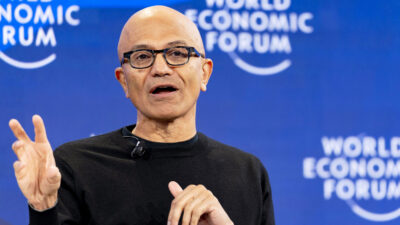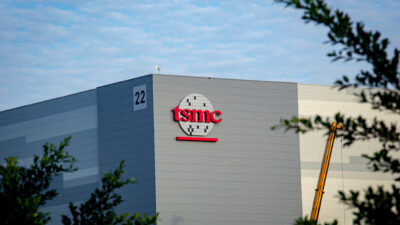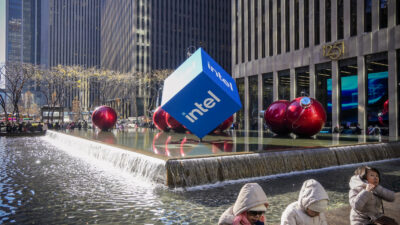Alibaba Tackles American Tech Giants Head-On
Alibaba last week announced a new chatbot to challenge ChatGPT and new AI-powered smart glasses to challenge Meta.
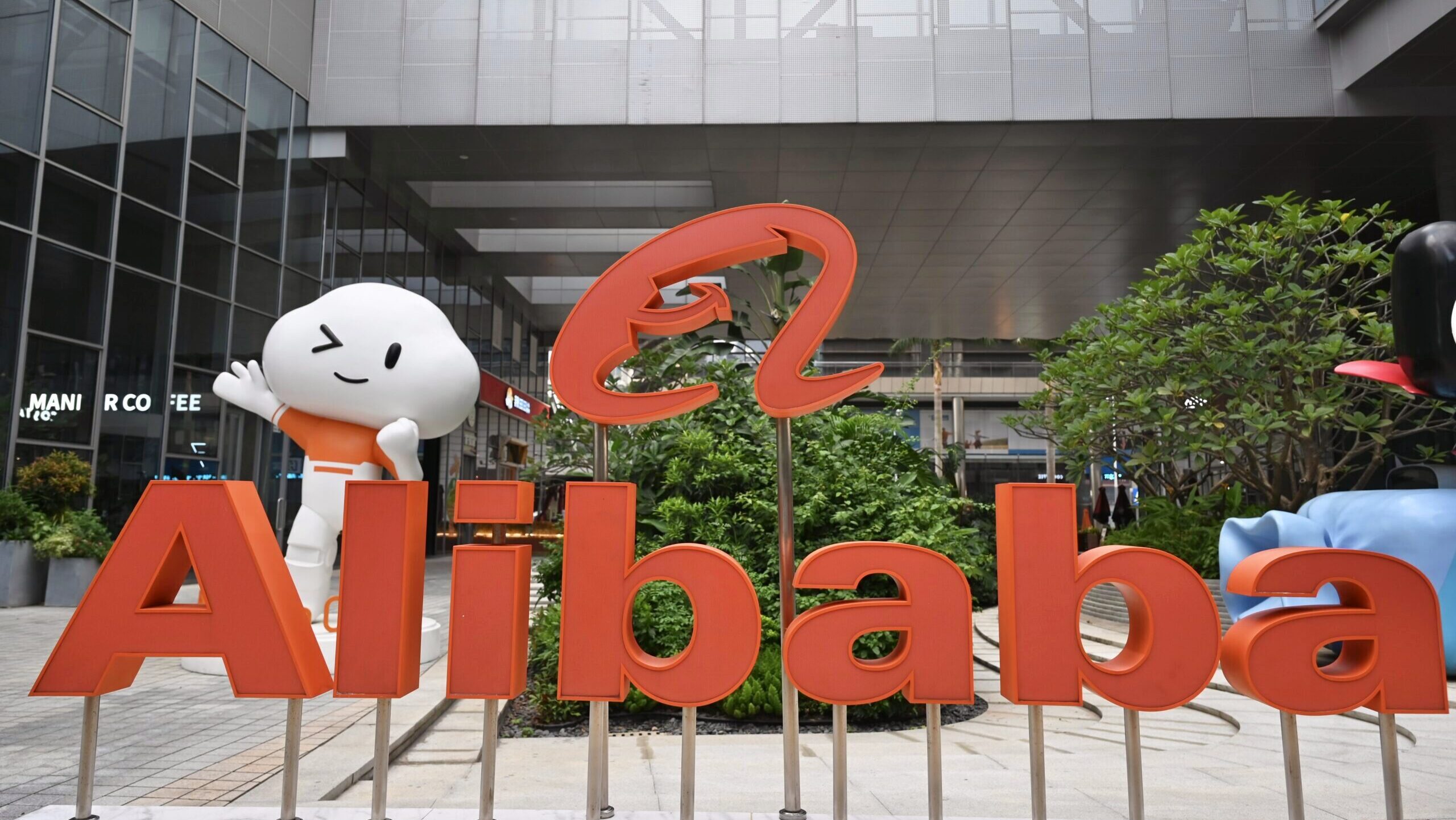
Sign up for smart news, insights, and analysis on the biggest financial stories of the day.
Nothing like a little competition, along with a bit of state-imposed exile, to breed innovation, right?
Cut off from high-end American chips and increasingly boxed out of the international AI supply chain, China’s domestic AI industry is starting to stand on its own two feet. Case in point: Alibaba, which last week announced a new consumer-focused chatbot to challenge ChatGPT, new AI-powered smart glasses (dubbed Quark AI Glasses) to challenge Meta’s growing glasses line, and said it’s increasingly finding workarounds to its lack of access to Nvidia’s best GPUs. Game on.
Bending the Quark of History
Pre-sales for the Quark AI Glasses begin on Friday, just in time for China’s multi-day Black Friday equivalent, Singles’ Day, Alibaba said. Shipments are slated to begin in early December; the glasses will retail at $660, undercutting the $799 price tag for the latest line of Meta-Ray Ban smart glasses launched last month. Helping consumers through the sales event will be the company’s latest chatbot, running on its Qwen3 model, which Alibaba hopes can crack a market already dominated by chatbots from ByteDance, Tencent and DeepSeek.
But as is the case with American tech giants, Alibaba’s chatbots are a mere consumer-facing sideshow to the real moneymaker: cloud services for enterprise clients. The company earlier this year pledged 380 billion yuan, or $53 billion, over the next three years toward cloud infrastructure. And already, the company appears to be making critical strides for the AI age:
- In a newly published peer-reviewed paper, Alibaba’s Cloud division claimed it developed a new “pooling system” to reduce the number of Nvidia GPUs needed to run multiple large-language models by 82%.
- It’s a potentially massive development for Alibaba, which has been forced to rely on a limited supply of Nvidia’s lower-powered H20 chips for its AI cloud services amid tightened US export controls.
Ready For Prime Time: The company’s reach is extending far beyond China’s borders, too. In a significant win for Alibaba, Airbnb CEO Brian Chesky told Bloomberg last week that his company has been “relying a lot” on Alibaba’s “very good … fast and cheap” open-source Qwen model to power its AI customer service agent (which is also built in part on open-source models). Why? “I didn’t think [ChatGPT] was quite ready,” said Chensky, who is reportedly close friends with OpenAI CEO Sam Altman. It’s business, it’s not personal.

